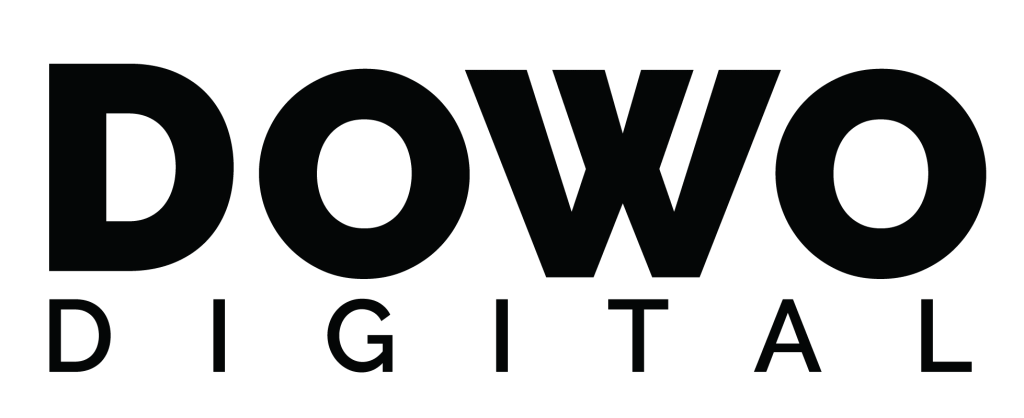SEO remains crucial for businesses aiming to enhance their online presence and drive traffic to their websites. With lots of new sparkly AI tools muscling their way into the mix, it’s crucial your business can withstand changes. The integration of Google AI into search results, SEO practices have advanced significantly. It can all be a bit confusing, so let’s look at how to leverage Google AI to tackle SEO practices for your business effectively.
Understanding Google AI and its Impact on SEO
Google AI, including algorithms like RankBrain and BERT, has revolutionised search engine functionality. These AI systems are designed to understand user intent better and deliver more relevant search results. RankBrain uses machine learning to interpret complex queries, while BERT comprehends the nuances and context of words in search queries – which is probably the bit that AI struggles to do the most!
By understanding how Google AI operates, businesses can align their SEO strategies to meet these advanced search algorithms that are only going to become more prominent, ultimately improving their search rankings and visibility.
Adapting to AI Overviews
Google’s AI Overviews was rolled out last month to US users, which means it’ll soon be on its way everywhere. It was introduced to provide generative AI summaries for search queries, have created new dynamics in search marketing. These overviews aim to answer users’ queries directly, so they won’t need to take ages navigating through multiple search results. While this presents opportunities, it also poses challenges due to incorrect info and content quality issues.
What can you do to sure up your SEO practices?
- Optimise for AI Overviews: Ensure your content is high-quality, relevant, and engaging to rank well in AI-powered search results.
- Monitor AI Overview Performance: Although dedicated analytics for AI overview results are not yet available, keep an eye on your overall search performance to gauge the impact.
Keyword Research with AI
Keyword research remains a cornerstone of SEO, and AI-powered tools have made this process more insightful. Tools like Google Keyword Planner, SEMrush, and Ahrefs utilise AI to identify the most relevant and high-traffic keywords for your business.
- Use AI Tools for Keyword Insights: Leverage AI-powered tools to find popular and relevant keywords.
- Focus on Long-Tail Keywords: These cater to specific search intents and are more likely to rank higher.
- Stay Updated on Trends: Use AI tools to monitor changing keyword trends and adapt your strategy accordingly.
Enhancing Content Creation
Google AI has significantly influenced content creation and optimisation. AI algorithms favour content that is valuable, high-quality, and user-friendly.
- Create Valuable Content: Focus on providing real value to your audience with well-researched and informative content.
- Use Natural Language Processing (NLP): Write in a conversational tone with lots of natural language. Basically, don’t write what you think a robot wants to hear!
- Optimise for Engagement: Aim for high engagement metrics like click-through rates and time on page to boost your rankings.
Technical SEO and AI
Technical SEO involves optimising the technical aspects of your website. Google AI plays a critical role here by ensuring your site is easily crawlable and indexable by search engines.
- Improve Site Speed: Use AI tools like Google PageSpeed Insights to identify and fix speed issues.
- Implement Structured Data: This helps Google AI understand your site content better, leading to enhanced search results.
- Ensure Mobile-Friendliness: Optimise your site for mobile users, as Google AI prioritises mobile-friendly websites.
Leveraging AI for Link Building
Link building is crucial for establishing your site’s authority. Google AI evaluates the quality and relevance of backlinks.
- Identify High-Quality Sites: Use AI tools to find authoritative websites for backlink opportunities.
- Monitor Backlinks: Track your backlink profile and identify any harmful links with AI tools.
- Create Shareable Content: Develop content that is likely to be shared and linked to by others.
Brand Building and User Needs
Building a strong brand presence and focusing on user needs are essential for succeeding in AI-driven search results.
- Enhance Brand Visibility: Ensure your brand is visible across various platforms and has a positive sentiment.
- Provide a Clean UX: A user-friendly website and comprehensive content help Google understand and rank your site better.
- Focus on Quality Content: Continue producing high-quality, engaging content that meets user needs.
Incorporating Google AI into your SEO game will only serve you better in the future when there are more AI rollouts. By leveraging AI-powered tools and strategies, you can enhance your keyword research, content creation, technical SEO, link building, and brand building efforts.
For more detailed insights, you can get in touch with our team at DOWO and we can help futureproof your content and SEO practices.
